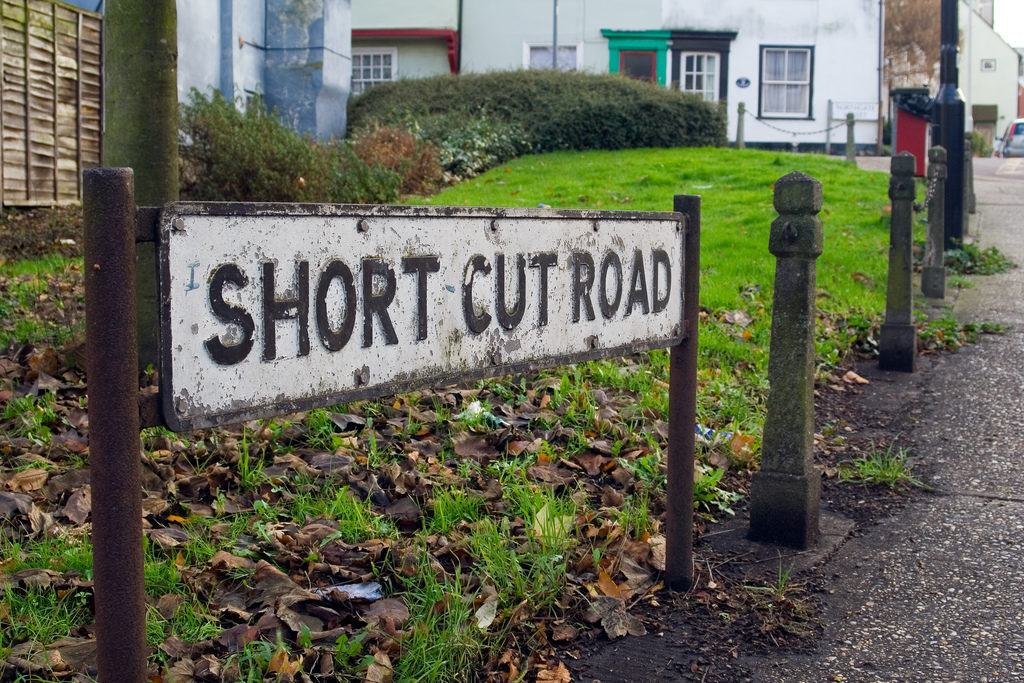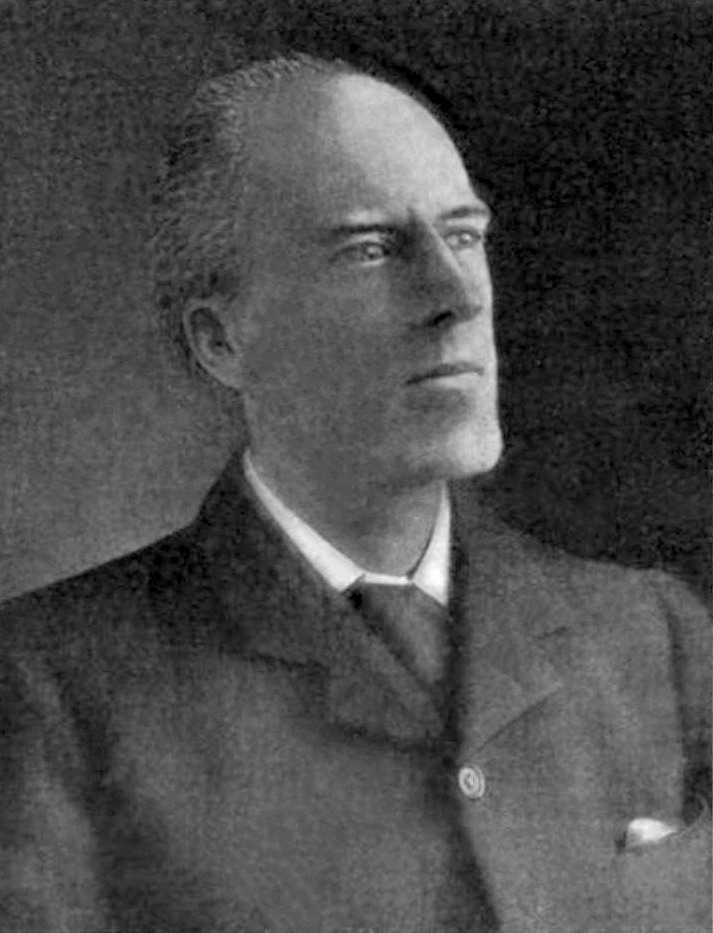Error Rate Schmerror Rate

“Anything is fair in love and war” — this saying also applies to the eternal struggle between frequentists (those who draw conclusions based on the performance of their procedures in repeated use) and Bayesians (those who quantify uncertainty for the case at hand). One argument that frequentists have hurled at the Bayesian camp is that “Bayesian procedures do not control…
read more





